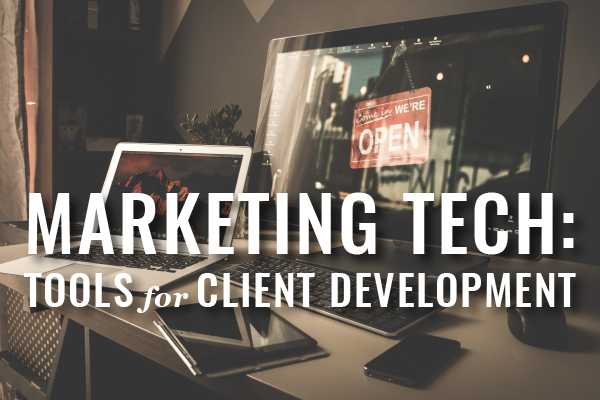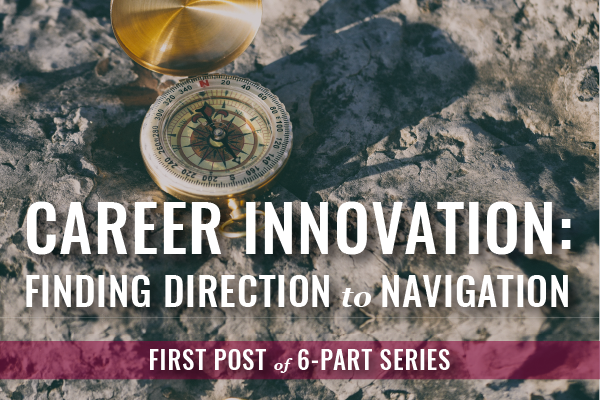We continue our interview with SK, a 3L law student in the greater Boston area. Part 1 of the interview can be found here. She graciously agreed to share some of her story with us and to tell us more about Refuge Recovery, a Buddhist path to addiction recovery.
LCL: What is Refuge Recovery and how did you come to be aware of it? How has Refuge Recovery helped you? Do you apply Buddhist principles in all aspects of your life? How have Buddhist principles influenced your life in general, your experience of law school, your future goals as a lawyer?
SK: Refuge Recovery is a Buddhist-based approach to recovery from addiction, founded by a man named Noah Levine*. [*Noah Levine is under investigation for sexual misconduct. Read further at the bottom of this post.] There are meetings all over the U.S. and the world. It’s open to anyone, at any stage of dealing with or recovering from any type of addiction, including alcohol, drugs, food, sex, gambling, codependency, shopping, you name it. I discovered it through a sort of sister-group called Dharma Punx, which is a Buddhist meditation group that also has meetings in Boston. As a nice twist of fate, my sponsor who I met through twelve step is also involved in Refuge Recovery. I spent my first six months of sobriety crafting my own recovery program which consisted mostly of podcasts, books, yoga and meditation, and a diet overhaul. But I was really craving being able to commiserate with other people about what I was going through, so I began going to twelve step meetings and Refuge Recovery meetings and I am so, so glad I did. I wish I hadn’t waited!





